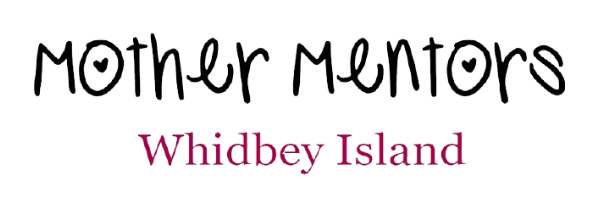Children’s learning and development are deeply influenced by the environment they are raised in. Family dynamics, community interactions, and cultural surroundings play important roles in shaping a child's understanding of the world, acquiring skills, and forming values and beliefs. In essence, the learning experiences of children are not isolated but are intricately connected to the social and cultural context in which they grow. This broader look embraces how important the support of their family, their community and culture is for them.
Dr Daniel Siegel, Professor of Psychiatry at the UCLA School of Medicine shares an important insight about this concept.
“The more supportive communities children are a part of, the more aware they become of our interconnected world. These integrated relationships lead to more communication between the different areas of the brain which builds a child’s ability to self-regulate their emotions, mood, empathy, behavior and more.”
Keeping this in mind, we can contribute valuable support to our children's growth and development. Let's start with simple questions for ourselves to increase our awareness and availability to our children.
As you navigate your daily routines—whether it's mealtime, enjoying music, choosing outfits, gathering information, or communicating—reflect on how you learned these things as a child. Who guided you through these experiences? How was this knowledge passed down to you?
Some deeper reflections may include: How does the culture of your family of origin influence your current family? How do you discuss cultures different from your own? Do you incorporate more than one culture into your home?
By contemplating these aspects, we can create a nurturing environment for our children and positively impact their learning and development.
At Playscape, we have become a part of the bigger social circle for each other and our families. Together we can help each other explore and reflect on the important aspects of the relationships encircling our children’s world.
Play & Learn At Home
Here are some ways interaction strategies to foster an awareness of family culture and relationships.
Share stories about family traditions, customs, and experiences. This could involve recounting special family events or discussing customs passed down through generations. Engaging in storytelling helps children understand the values and unique aspects of their family culture.
Participate in cultural celebrations and festivals together. Attend events that showcase diverse traditions, allowing the child to experience and appreciate different cultures. This exposure fosters an open-minded and inclusive attitude toward others.
Engage in community activities or volunteer work as a family. Participating in local events and contributing to community projects helps children understand their place in a broader social context. It encourages a sense of responsibility and interconnectedness with the larger community.
Involve children in cooking traditional family recipes. Use mealtime as an opportunity to discuss the cultural significance of different dishes and share stories related to family recipes. This not only creates a connection to family culture but also encourages meaningful conversations.Looking for more inspiration at home? We love these resources:
Anti-Bias Education
https://www.teachingforchange.org/anti-bias-education-articles#working_with_parents
Talking to Children about Similarities and Differences
https://eclkc.ohs.acf.hhs.gov/publication/talking-children-about-differences-similarities

